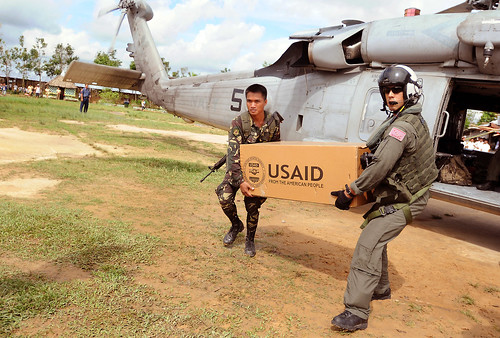I have been watching the Ashoka Healthy Mother Competition with interest. Maternal Health is one of my passions; I studied it in graduate school and it has been part of my work for the last ten years. The ideas submitted to the competition have ranged from half-considered flashes of thought to fully imagined comprehensive maternal health programs. I am an advisor to one of them – AYZH, a social venture that works to provide clean, green birth kits to women in India.
It will not surprise you, then that I would love to attend the 2010 Maternal Health Change Summit in India. This post is my entry in the contest to attend the summit. I’m not going to talk about AYZH here, because it doesn’t seem quite fair to write about something so close to my heart in this context.
Instead, I will write about Sakeena Yacoobi. Founder of the Afghan Institute of Learning (AIL), she is one of the true heroes of this world. An Afghan-American, she returned to Afghanistan to serve women in her country of birth. The Afghan Institute of Learning offers services from basic education to human rights leadership training for 350,000 women and children in Afghanistan. They supported underground schools during the Taliban regime.
They also offer health care and health education. AIL is the provider of medical care for thousands of Afghan women. They use a family health approach, focusing on education and preventative care as well as medical services. When you are dealing with maternal health, it’s the gold standard. Women need knowledge in order to have a health pregnancy, not just skilled care when giving birth.
One of the most interesting things about maternal health is the range of interventions we have to improve it. We need both innovations like better incubators for premature infants and well-known essentials like educating mothers, supporting maternal nutrition, and skilled personnel to accompany births.
AIL offers those essentials, to women who have no other options. Maternal mortality rates in Afghanistan are staggering. 18 mothers out of every thousand die as a result of motherhood; the second highest rate in the world. The three clinics of the Afghan Institute of Learning are helping to bring that number down, and they deserve our support to do it.
Check out other solutions for improving maternal health or to participate in the global call to solutions, please visit Healthy Mothers, Strong World: The Next Generation of Ideas for Maternal Health.

